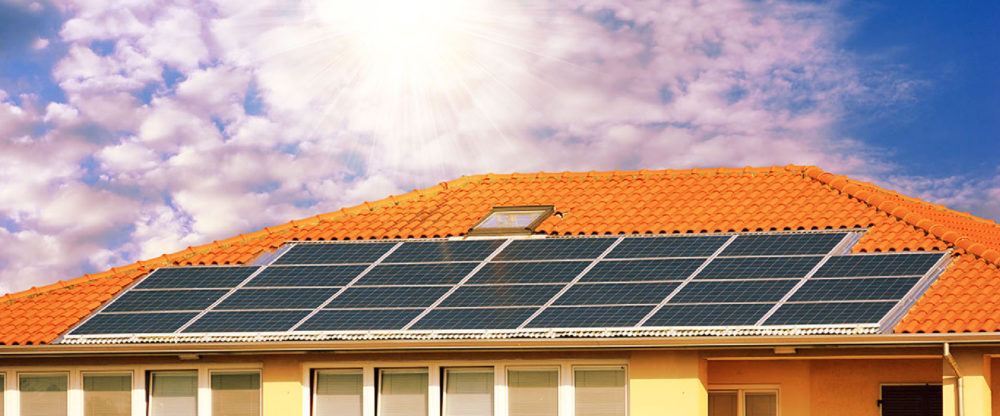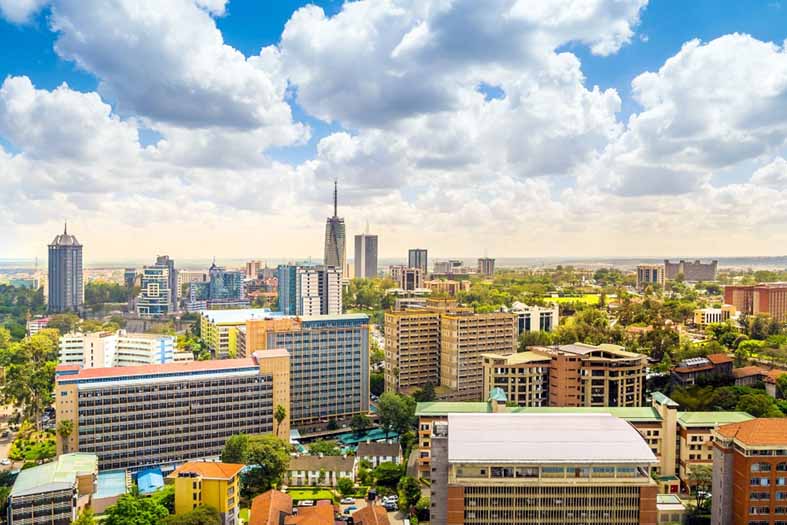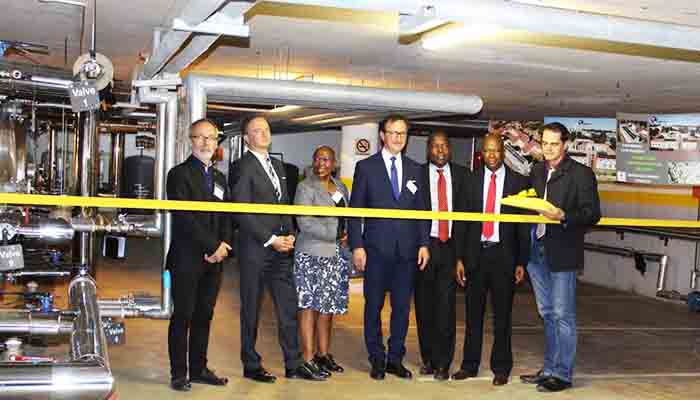South Africa has an excellent and almost constant supply of solar energy, making it among the top countries in the world suitable for investment in solar power.
This is according to Barry Bredenkamp, general manager of energy efficiency at the South African National Energy Development Institute.
Bredenkamp said this at a project launch that took place on 15 May at the Wits Junction campus.
“Solar technology is mature and proven, however, even more important than this, it is becoming better known and accepted in the consumer market, as well as by the financing houses.
“The modern solar cell, in panels installed on house roofs for hot water supply, is a common sight. When viewing the deals offered by finance specialists for home solar, compared to a bank loan or a monthly Eskom bill, the aim is to reach cost parity as closely as possible in terms of meeting the market needs of cost versus energy security and independence implied by these systems.”
He said the costs involved in installing solar power in one’s home are dependent on what kind of system one requires. Each benefit will have a cost and one would need to tailor one’s system to what one requires and can afford.
“One does not have to meet all of one’s demands with PV [photovoltic] technology. One could just install enough to drive essential appliances and a few lights. Consider also the cost and benefit of switching to solar water heating technology, which generally consumes approximately 45–50 per cent of the electricity required in a home.”
Consumers need to know how to differentiate between providers, Bredenkamp said, and they tend to asses two main things: capital cost and the ‘payback period’.
“However, other drivers include the desire for energy autonomy or independence, energy security and long-term cost-benefit in terms of savings, once the payback period has lapsed.
“The service provider with the best scenario or projection for these things, while still providing quality and after-sales service, would be a good one to consider,” advises Bredenkamp.
He claims that so long as one can afford to install and maintain the system based on the service provider’s costing information, then solar energy is never a bad idea.
“However, I would not advocate going completely off the grid,” he concluded.



